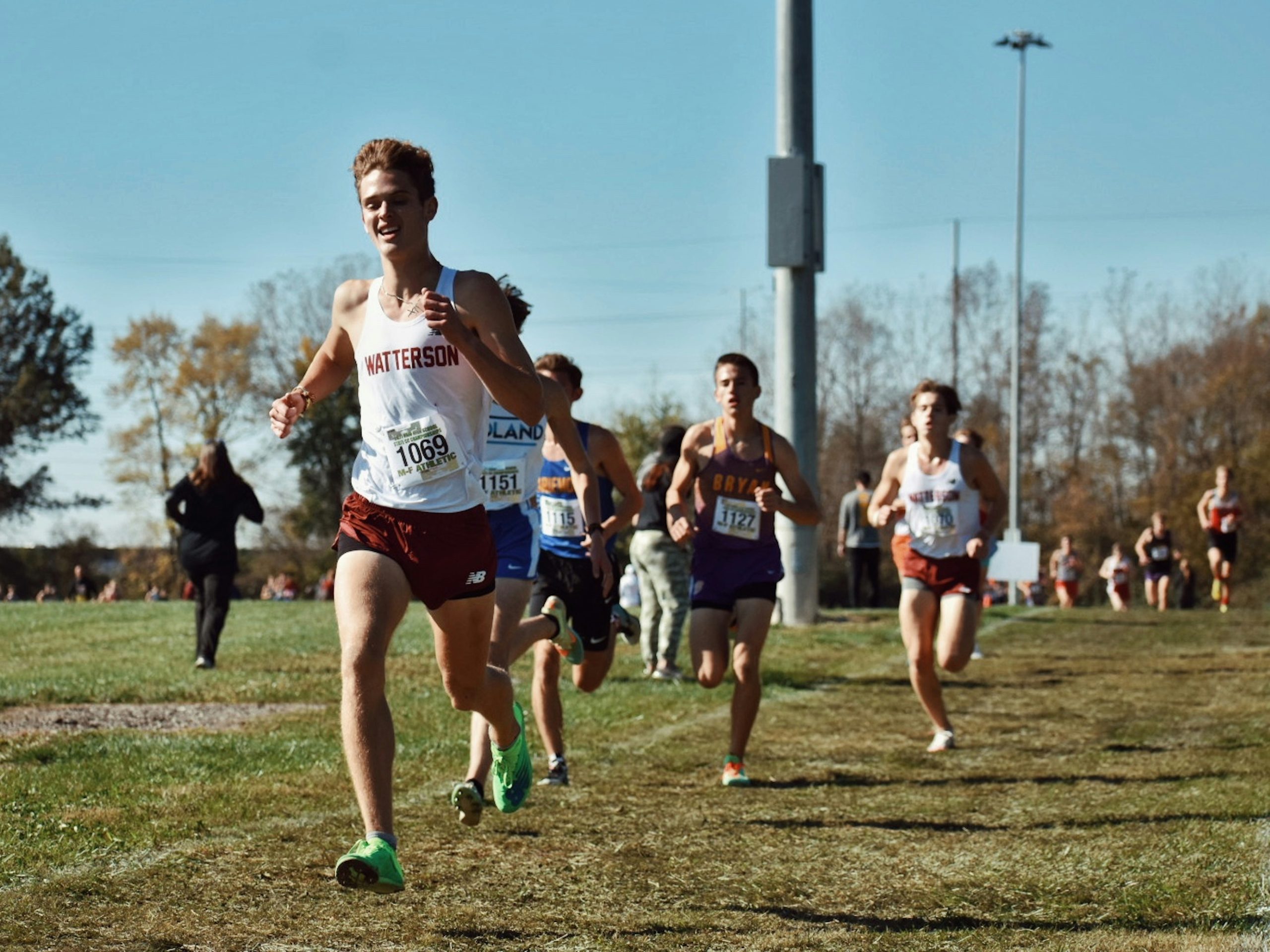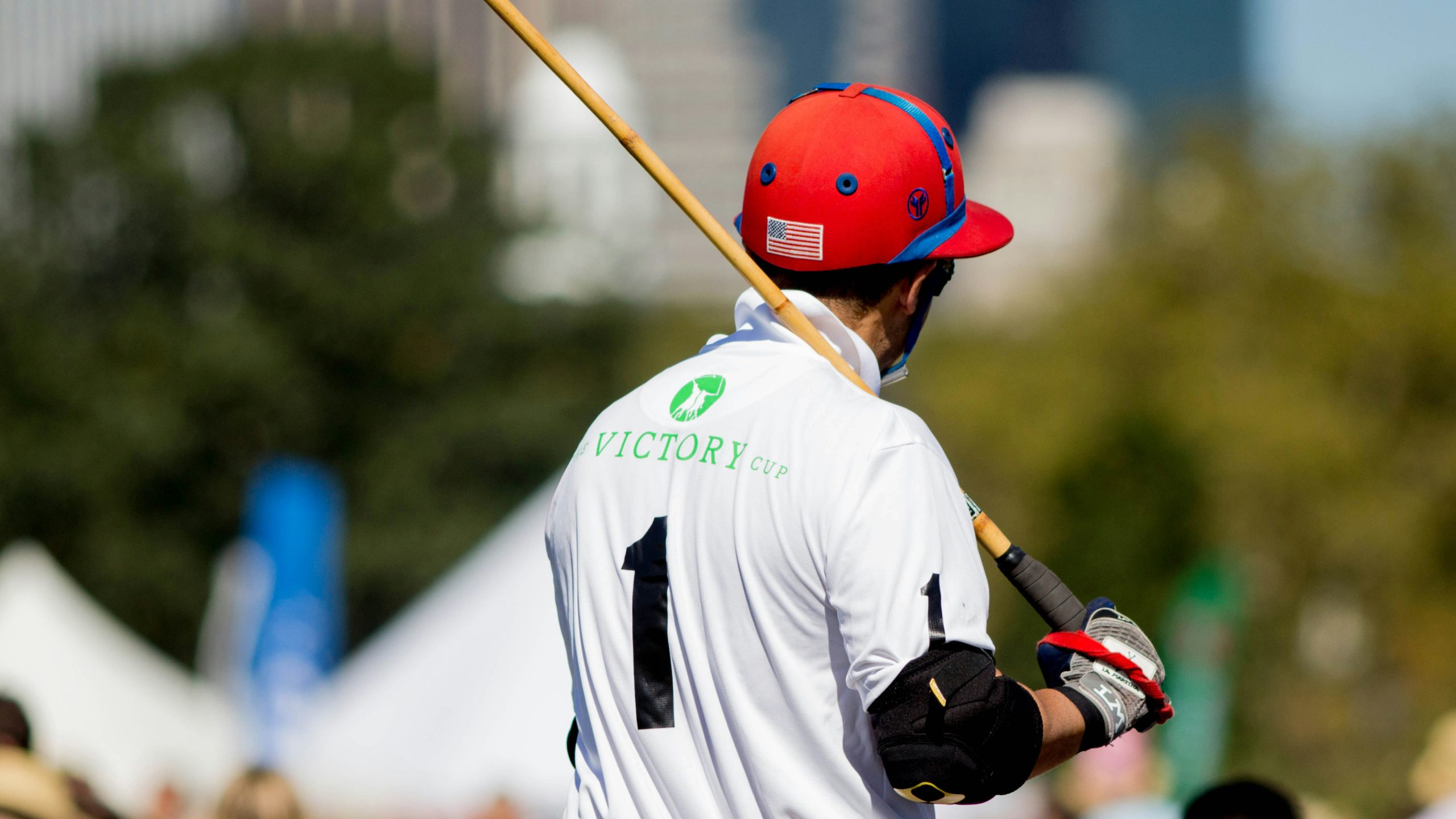
Influence of Sports on Global Politics
Introduction
Sports have long transcended their role as mere entertainment and competition. In the realm of global politics, sports exert a profound influence, shaping diplomatic relations, national identities, and even international policies. This article explores how sports serve as a powerful tool in the arena of global politics, impacting everything from diplomacy to public perception.
Diplomatic Relations and Soft Power
Sports often serve as a vehicle for diplomacy, fostering connections between nations that may have strained political relations. The concept of “ping-pong diplomacy” between the United States and China in the 1970s exemplifies this. By engaging in friendly sports competitions, nations can thaw political tensions and open channels for dialogue.
– **Example: Ping-Pong Diplomacy (1971)**:
– After years of isolation, the U.S. table tennis team visited China, leading to improved relations and eventual diplomatic talks.
Sports also contribute to a nation’s soft powerthe ability to influence others through cultural or ideological means rather than coercion. Success in global sporting events enhances a country’s prestige and global standing, thereby bolstering its soft power.
– **Example: Russia and the 2014 Sochi Olympics**:
– Despite controversies, Russia used the Olympics to showcase its cultural heritage and modernity on the global stage.
National Identity and Unity
Sports play a crucial role in shaping national identity and fostering unity among citizens. International sporting events often serve as platforms for countries to showcase their cultural uniqueness and national pride.
– **Example: World Cup and National Identity**:
– Hosting or winning the FIFA World Cup can unite a nation and boost patriotism, as seen with France in 1998 and South Africa in 2010.
However, sports can also exacerbate existing political tensions. Rivalry in sports can mirror geopolitical conflicts, amplifying nationalist sentiments and political disputes.
– **Example: India-Pakistan Cricket Matches**:
– Cricket matches between India and Pakistan often stir nationalist fervor and reflect broader political tensions.
Economic Impact and Infrastructure Development
Hosting major sporting events has significant economic implications, influencing global politics through infrastructure development, tourism, and economic growth.
– **Example: Brazil and the 2014 FIFA World Cup**:
– Brazil invested heavily in infrastructure, though controversially, amidst public protests over expenditure and social issues.
Additionally, sports sponsorship and broadcasting rights can become diplomatic bargaining chips, influencing international trade agreements and economic policies.
– **Example: Qatar and Sports Investments**:
– Qatar has strategically used sports investments, including hosting the FIFA World Cup in 2022, to enhance its global influence despite controversies.
Human Rights and Ethical Concerns
Global sporting events often shine a spotlight on human rights issues, prompting debates and actions that transcend national borders.
– **Example: Beijing 2008 and Human Rights Concerns**:
– The 2008 Olympics in Beijing raised global awareness about China’s human rights record, leading to international scrutiny.
Pressure from athletes, activists, and international organizations has increasingly compelled host nations to address human rights abuses and improve conditions.
– **Example: Russia and LGBTQ+ Rights**:
– Ahead of the 2014 Sochi Olympics, Russia faced criticism and protests over its anti-LGBTQ+ legislation, highlighting global human rights concerns.
Conclusion
In conclusion, sports wield significant influence in global politics, from fostering diplomatic relations and soft power to shaping national identity and economic policies. While sports can promote unity and cooperation, they also reflect and amplify geopolitical tensions and ethical dilemmas. Understanding the intersection of sports and global politics is crucial for comprehending contemporary international relations and the multifaceted impacts of athletic competitions on societies worldwide.



